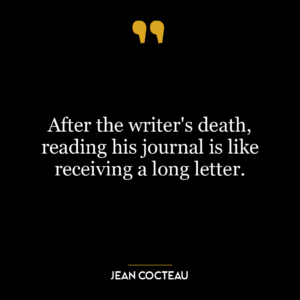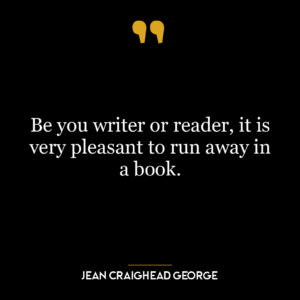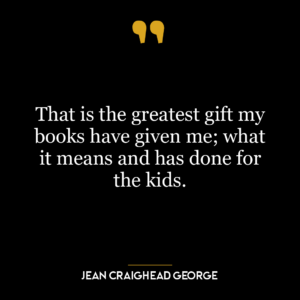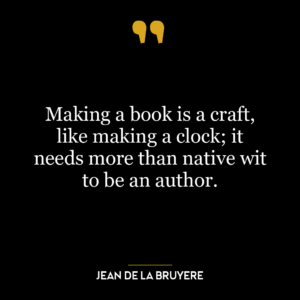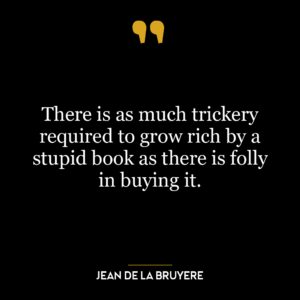“Keep to old books, for they teach me something; from the new I learn very little,” is a quote that suggests the value and wisdom that can be found in old literature, and possibly questions the depth and substance of newer works. This does not necessarily mean that all new books lack value, but it may suggest that older books often contain timeless wisdom and lessons that have stood the test of time.
One of the reasons why older books might be seen as more valuable is because they often address universal human experiences and truths that remain relevant across centuries. These books have been read, studied, and analyzed by generations, and their enduring popularity might suggest that they have something significant to offer to readers. On the other hand, newer books might not have had the opportunity to prove their lasting value yet.
Applying this idea in today’s world or in personal development, one might argue that in our fast-paced, constantly changing society, there’s a tendency to always seek out the new – the latest trends, the newest technologies, the most recent scientific findings. While there’s certainly value in staying updated and informed about new developments, this quote reminds us not to overlook the wisdom of the past.
In terms of personal development, this could mean seeking out time-tested strategies and principles for growth and improvement, rather than always looking for the next big thing. It could also mean taking the time to study and learn from the successes and failures of those who came before us, rather than trying to figure everything out from scratch. This is not to say that new ideas and methods should be dismissed, but rather that they should be balanced with an appreciation for the wisdom of the past.
In conclusion, while new books and ideas certainly have their place, this quote reminds us of the value and wisdom that can be found in old books, and by extension, in the lessons of the past.








